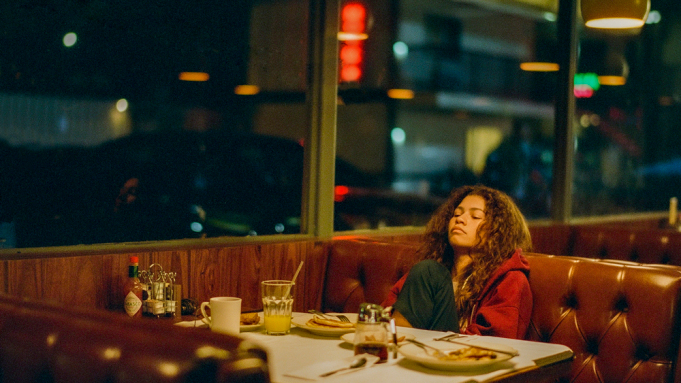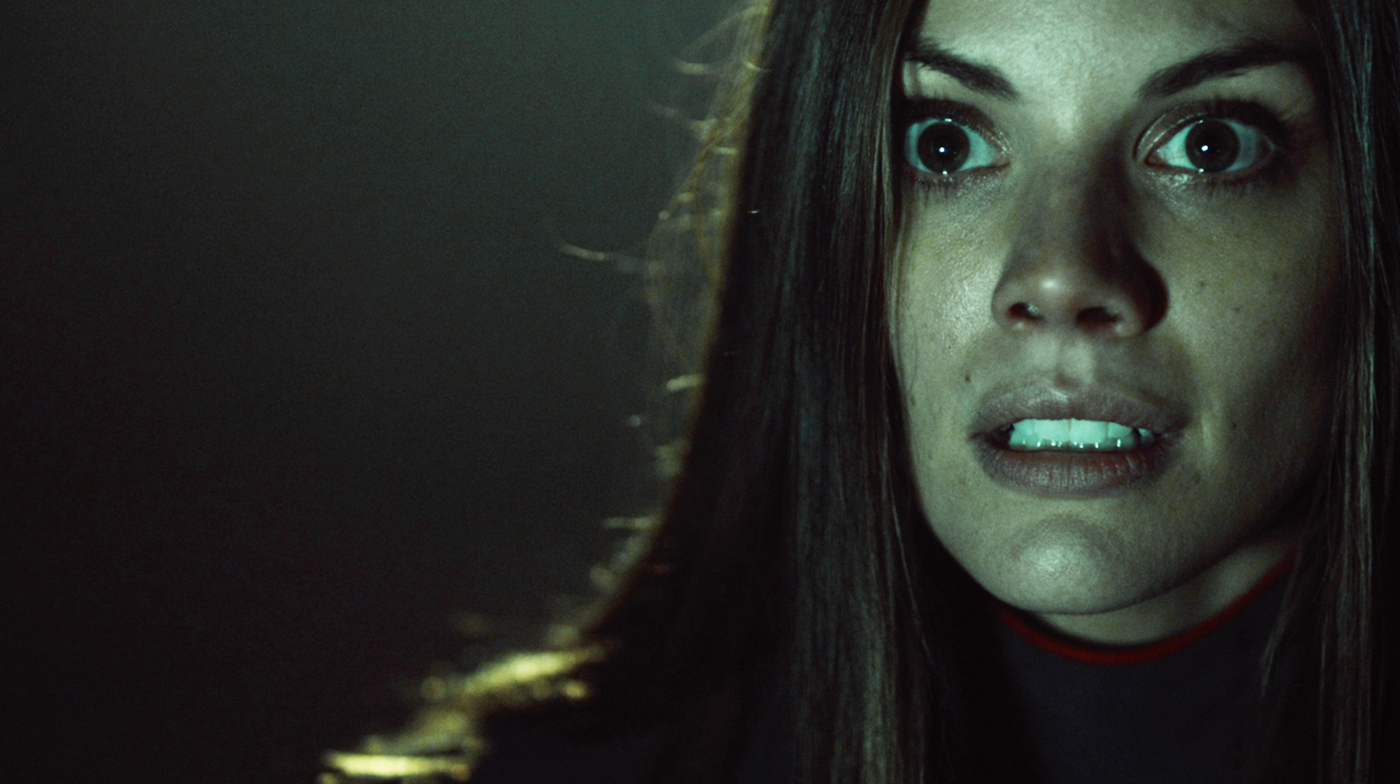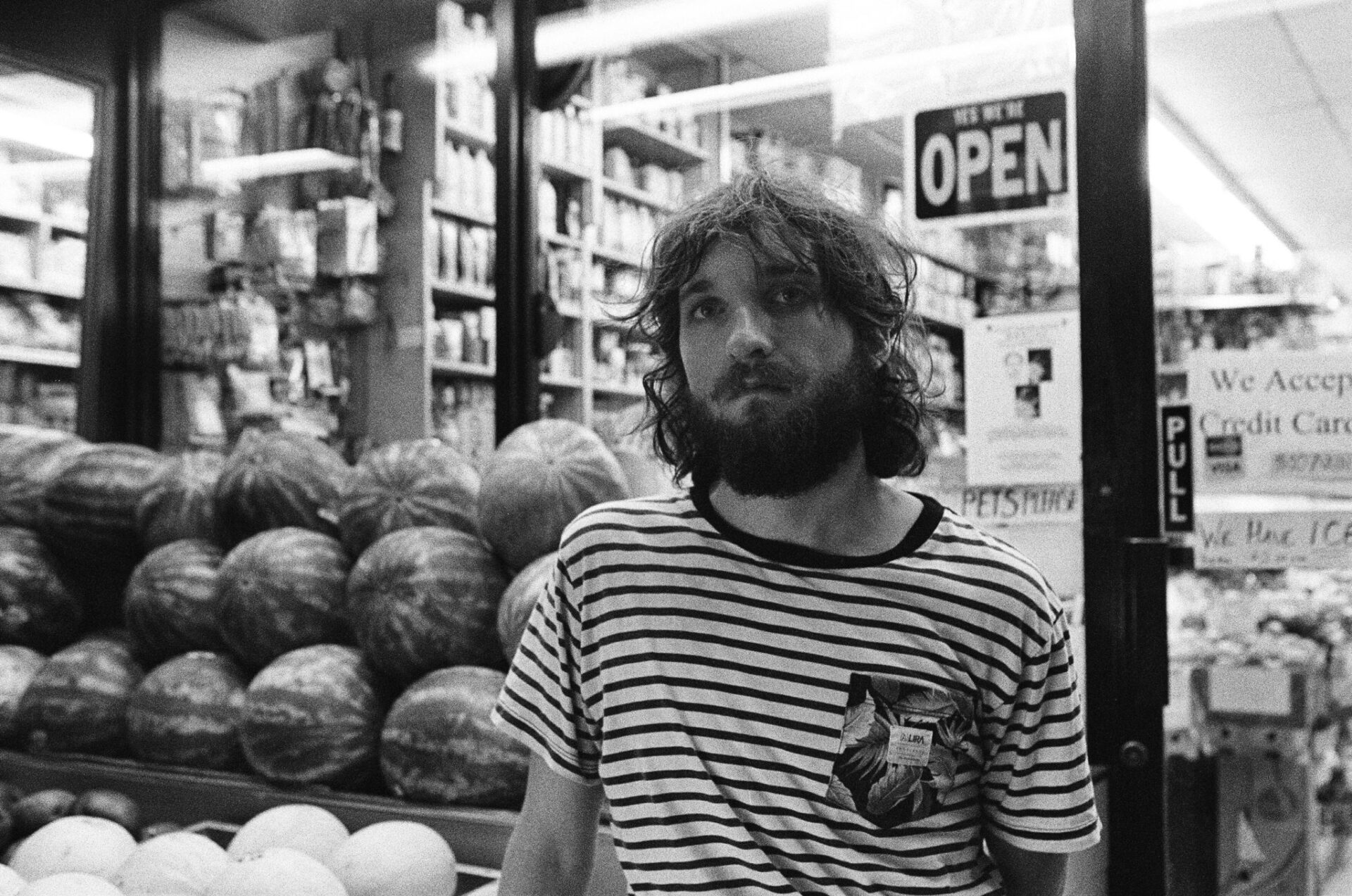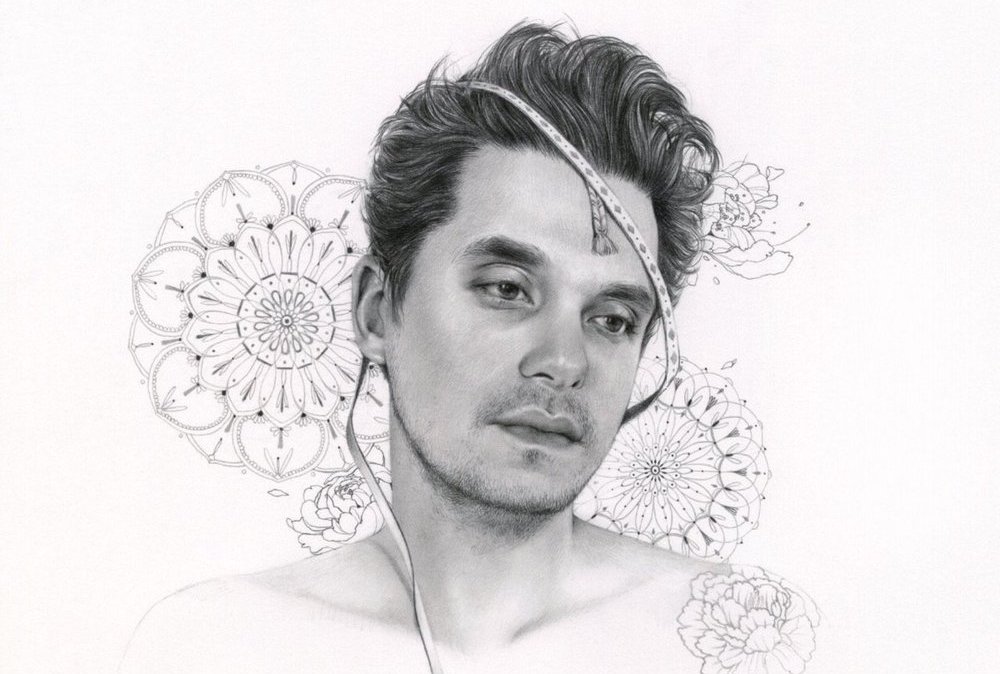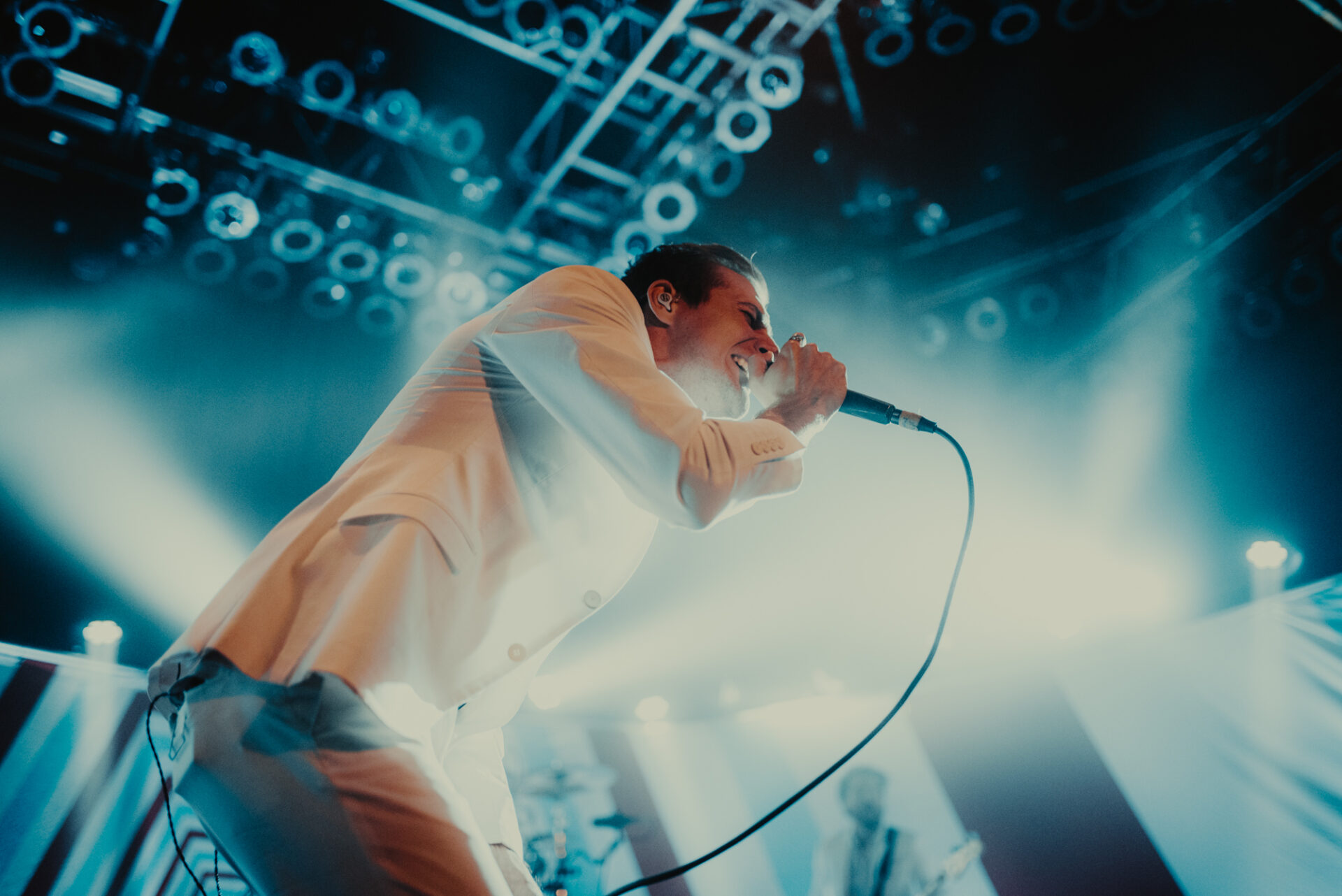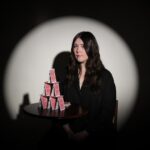“Ali, I know you don’t believe me, but I’m doing really good, actually.”
Those are the words of someone who is trying to deflect. Someone who is knee-deep in their own delusions of grandeur and at the mercy of the jaws of addiction. So many morsels of wisdom and truth can be uncovered during the stillness of conversation between two people. Boy, there were a lot of uncovered skeletons here. In “Made You Look,” Ali (Colman Domingo) immediately calls Rue out for going to a NA meeting while using and leaves the offer on the table to have pancakes when she wants to do better. With the Rue-centered ‘Trouble Don’t Last Always,’ she meets him again, high, down, and out. He immediately disarms her constant deflections because you can’t fool a recovering addict. Much of Euphoria is about masks – the ones we wear and the people we choose to remove them for. This special written and directed by Sam Levinson takes the disguises off and gets down to the ugly parts of two characters that find healing rooted in verity. Christmas is a time for joy and togetherness, but on this night, there are scars and heaviness.
This episode displays two viewpoints, one from the adolescent Rue where she sees things through absolutes. Nothing is going to get better, and this abyss is what my life is to be. She views her purpose as living an inescapable cycle of pain and fear. Pain as in leaving and being taken from her and fear of having to experience the aftermath (her dad, Jules). Rue blames Jules for the relapse, even though they didn’t have a defined relationship – only a declaration that they loved each other. It continues the theme of Euphoria itself where Rue is an unreliable narrator. Taking responsibly for her actions would acknowledge that she can do things to get better. A hard truth that Ali brings to her through a 50-minute conversation in a diner on Christmas Eve. Ali comes from a place of wisdom, but also meets Rue at the bottom because he’s been there. He doesn’t invalidate her feelings, but only tries to show her that some of them are because of the volatile combination of her addictions and youth. Underneath all the shame and societal outlook that people have about addicts, there’s also a recovery process that is ongoing – even lifelong.
‘Trouble Don’t Last Always,’ revisits Rue (Zendaya) after the events of her relapse starts like a dream sequence. She wakes up to Jules (Hunter Schafer) and everything seems neat and flowery. The last we left them, there was a tearful goodbye as Rue decided not to leave with Jules- it’s almost a contrast that makes you want to do a double-take. After Jules leaves, Rue retreats to the bathroom to use drugs again. It feels like an oxymoron, given that Jules was the reason that she got clean for that moment. These two scenes are important in the overall makeup of Rue’s addiction. The beautiful, artsy, haunting sequence in ‘And Salt the Earth Behind You,’ is echoed through Ali’s words in the diner. “The thing I miss about doing drugs is the beauty.”
Rue uses drugs to get away from the ugliness of things outside her. There’s a sadness that is attached to her happiness and there’s no escape for Rue unless she confronts the brokenness within herself first. It’s why the small interaction between Miss Marsha is key. 17 years sober, she chose not to be in a relationship to focus on her sobriety. In the diner’s smallness, Rue is surrounded by products of the phrase, ‘trouble don’t last always.’ Was the union between Rue and Jules doomed from the start? After all, Jules has her own demons to figure out. In that same way, Jules became another addiction point. Is healing really that if it doesn’t hold root within ourselves first?
A brief break that happens where Ali goes for a cigarette and the pair briefly separate while Moses Sumney‘s ‘Me In 20 Years’ plays. When Ali calls home, it almost feels like he’s in purgatory and his reward is being a guardian angel to Rue. He even says It’s A Wonderful Life twice. In that movie, the character of George Bailey (Jimmy Stewart) contemplates committing suicide, and an angel visits him to show him what life would be without him. Ali’s past actions are the reason that his daughter keeps him at a distance. He’s on the next dozen of his second chances, but in revealing his failures, maybe he can stop Rue from continuing a tragic cycle where she finds herself completely alone.
Rue views Ali is infallible, but we find out that’s not the case. He himself has relapsed and continued the cycle of spousal abuse manifested inside his own relationship, despite not wanting to be like his father. The commonality – drug usage. However, Ali chose to be better. There’s an elegant metaphor Ali brings up about Nike’s sneakers, their commercialized slogan, and the need to be a revolutionary just because revolution looks cool. Rue is averse to believing in religion because of the tragic randomness of her father dying. Ali’s Muslim beliefs serve as an anchor, but he reminds her that a proper form of revolution is taking the chance of believing in something higher than yourself.
By the episode’s end, all that’s left is the camera zooming in through a rain-kissed windshield at Rue’s glassy stare. The start of season two may still be a way off, but this image leaves you wondering if the lessons of this conversation will permeate the walls she let down. The power of this special lies in the acting of Zendaya and Domingo. When things aren’t verbalized, the episode conveys them through facial expressions and body movements. You can see all the inner anguish manifest as Rue speaks about the way she feels her mom and sister will remember her. There is a lot to take in with ‘Trouble Don’t Last Always,’ but Ali grabbing Rue’s hand to say, “I have faith in you,” might be the perfect gesture that we all need to hear.
Photo Credit: HBO

